

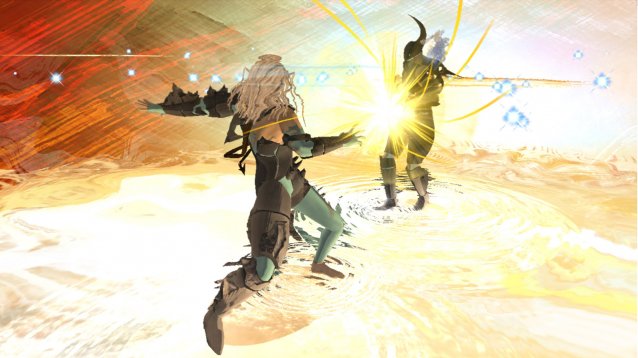
Read the first part of Richard Clark's coverage of El Shaddai here.
The protagonist and playable avatar of El Shaddai is merely a man. But in the realm of Heaven that gives him the status of a superhero. Biblical angels lack the basic ability to choose for themselves, so when they see Enoch, they see a man of genuine faith: someone who’s had an opportunity to doubt and come out on the other end unscathed.
Over and over, El Shaddai references Enoch’s ability to choose, and those around him watch eagerly to see whether he’ll use that choice for good or evil. While the game’s primary mechanic involves standard fighting mechanics, Enoch’s enemies are actually far more interested in persuading him than they are defeating him. While a traditional game’s enemies might taunt the protagonist, Enoch finds himself accosted by people who simply want him to understand. Many of those Enoch fights are believers in this new world, made up of human beings, fallen angels, and their offspring. They enjoy what the game refers to as an “unnatural evolution,” and everything it brings them.
This is important: the dilemma set up as we progress through El Shaddai is a genuinely difficult one. It’s a choice between the will of God and the will of man – two choices that few of us ever acknowledge a conflict between. And yet, in the world of The Book of Enoch, those wills are diametrically opposed. Like a good believer, Enoch does his best to keep the faith throughout his journey, assuring himself and the player that, “Everything’s fine,” every time he is defeated.
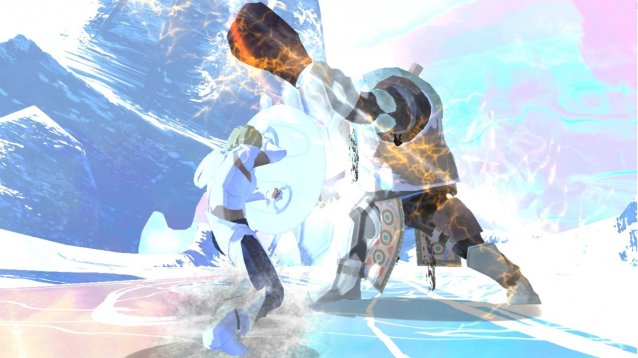
But because this faith-inspired dilemma is more than an in-game fantasy, the choice goes beyond Enoch. It extends to the player. After all, humanity, under the guise of a humanist revolution, has in fact found itself in the midst of an “unnatural evolution,” as a result of its wanton investment in science, reason and technology, often at the expense of a belief in God, or at least the God of the Old or New Testament. Even new, progressive Christians, right or no, take a deliberately human-centered approach to progress, appealing to God’s loving qualities and downplaying what the Bible presents as his just qualities. Like the citizens of the Great Tower in El Shaddai, the people of earth are often more interested in a God that would simply leave them alone than a God that would flood (or “purify” as the game refers to it) the earth for their own good. This is not an easy choice, and there is absolutely no escaping it.
Perhaps that’s why the game seems to go out of its way to implicate the player so directly. Throughout the game, El Shaddai softly taps on the fourth wall, reminding the player of his own involvement in this tale. It starts from the beginning, when Lucifel explains the story directly to the player. When the player pauses the game, we hear a familiar snap of the fingers, implying that Lucifel has literally paused time so that we can go make a sandwich or whatever.
When Enoch is forced to face off against his friend Amaros, who has achieved a sort of celebrity-status on earth because of his inescapable charm, he first must defeat Amaros’ loyal fan base. Amaros break-dances in the foreground while the fight between Enoch and his fans rages on in the background. At one point, Amaros literally pops up, blocking the screen and staring at the player directly as he continues to dance. He charms the player just as he has presumably charmed Enoch in the past.
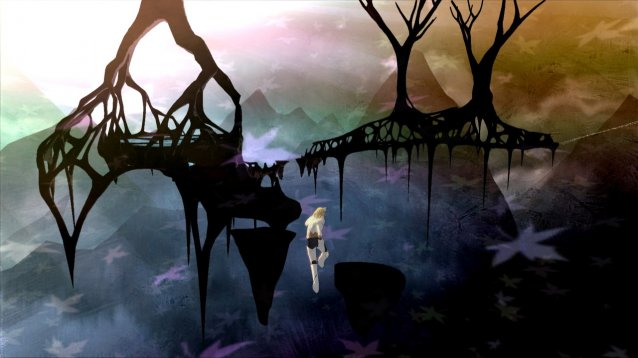
It’s also interesting to note that while Lucifel (Lucifer before the fall, he serves primarily as a subversive presence) seems intent on talking to God via his cell-phone throughout the game so as to illuminate God’s seeming flaws, Enoch seems uncaring or oblivious to these gambits. Increasingly throughout the game, these conversations, which mark save points for the player, seem to be solely for our benefit. Lucifel is challenging us to doubt, to consider the other side of this story.
There are a number of subtle tells like these throughout the game that seem to imply that Enoch’s primary arc is also our own. While we may go through our life with our presumptions and preconceived notions, the gift of choice implies a responsibility to consider our options, to doubt our presumptions, and to come to terms with the stakes. Is God non-existent, a total jerk, or a benevolent and just king? Those are our choices.
All of us, whatever our beliefs, are merely human beings, but that comes with a responsibility to seek and test the truth beyond our initial impulses, a responsibility that neither animals nor angels possess. To ignore that responsibility is to pretend our station in life is of an ethereal or primal nature. But we are civilized beings living squarely on earth.
We can, if we like, keep our heads high in the clouds or buried in the sand. But choice is more than merely considering or merely moving forward blindly. To fully embrace our own humanity, we have to first deal fully with the evidence and the mystery that’s been placed squarely in front of us. That’s the privilege and the responsibility we all share with Enoch.
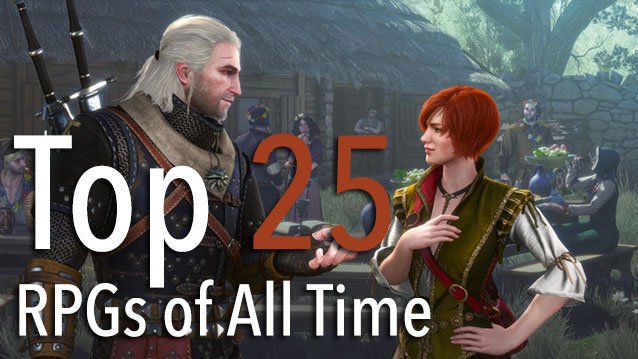
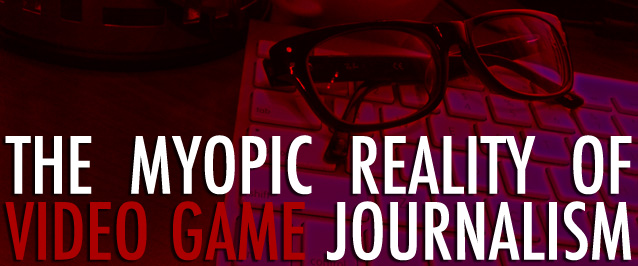

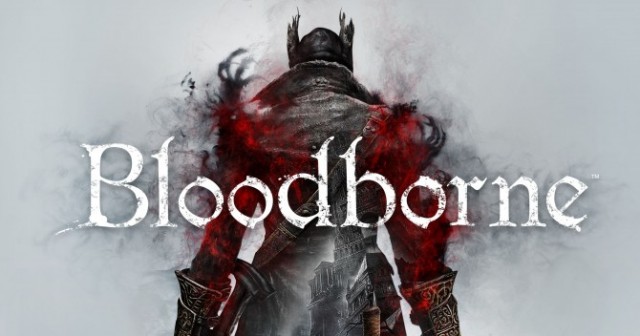
 Science Proves that Playing Video Games Reduces Your Stress
Science Proves that Playing Video Games Reduces Your Stress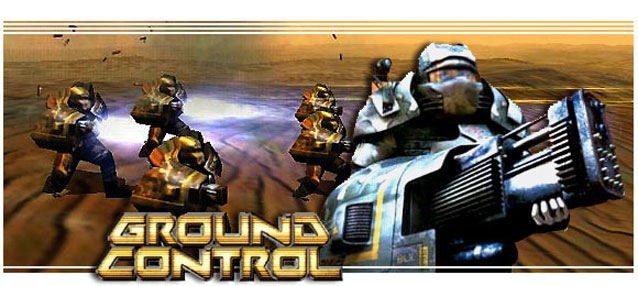 Top 10 Classic PC Games Franchises That Need a Revival
Top 10 Classic PC Games Franchises That Need a Revival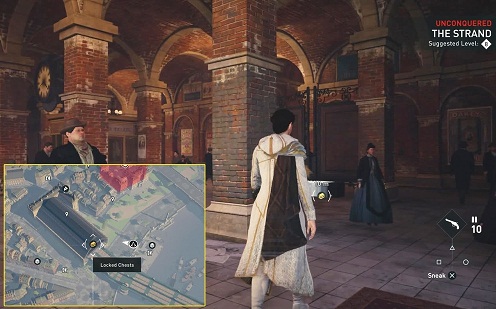 Assassins Creed Syndicate: Unique Materials guide
Assassins Creed Syndicate: Unique Materials guide Starbound Tech Coordinates, Locations and Descriptions
Starbound Tech Coordinates, Locations and Descriptions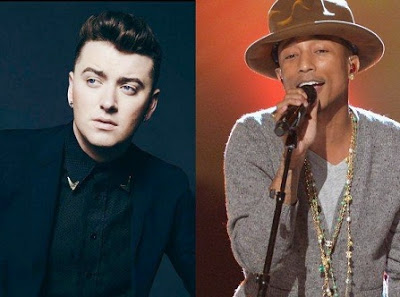 Grammy 2015: Sam Smith and Pharrell Williams join the gala
Grammy 2015: Sam Smith and Pharrell Williams join the gala